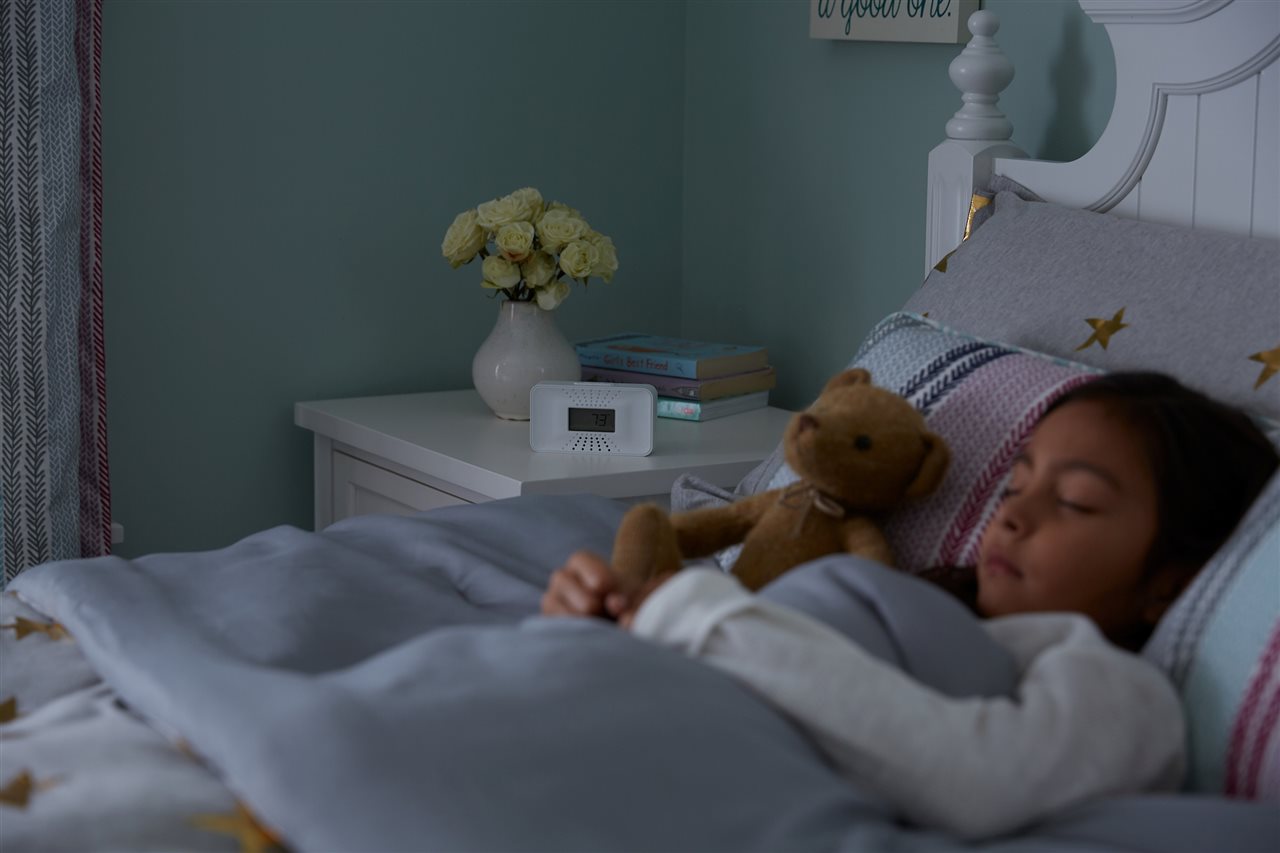
Home Safety – 5 quick home fixes to rest easy
Ongoing, routine upkeep is important to ensure the house stays running. While it may seem easier to put off tasks for a later date, checking off some smaller chores now can bolster you home safety. This will help avoid incidents or costly repairs later.
“Home maintenance can be easy to overlook when the day-to-day gets busy, but it is important to always make time for safety-related tasks,” said Tarsila Wey, director of marketing for First Alert. “Simple steps such as installing and maintaining carbon monoxide alarms only take a few minutes. These devices are crucial to keep loved ones safe from the deadly gas.”
Amp up your home safety with the following quick tips:
1. Invest in light timers.
Installing light timers for lights inside and outside your house can give the appearance of being home, whether you’re away on vacation or you’ve stepped out for the night. Timers only take minutes to install and can make a world of difference when viewed from the street. By using a light timer instead of leaving a light or two on when away, you can save energy and money while still deterring any potential thieves.
2. Clean the gutters.
With the end of winter storms come outside chores. Clearing out your gutters is important to keep your home safe. If the gutters are too full, your home can suffer from water damage to the roof and water can pour over the gutters, putting other parts of your home at risk. While you are checking the gutters, inspect your shingles to make sure they are still in good shape. This can help prevent future leakage during a spring shower.
3. Install carbon monoxide alarms.
Known as “the silent killer,” carbon monoxide (CO) is an odorless and colorless gas, making it impossible to detect without a CO alarm. The National Fire Protection Association (NFPA) estimates there are more than 80,000 incidents per year. The most important step is to have CO alarms in your home – and enough of them. CO alarms should be installed on every level of the home, including the basement, and in all bedrooms or sleeping areas. CO alarms should be battery-powered or hardwired with battery back-up. First Alert offers a variety of alarms to help ensure your family is protected, including a tabletop alarm with a 10-year sealed battery and digital display to see detected levels in parts per million.
4. Store valuables.
Having a safe at home can prove a wise investment when it comes to natural disasters. Through fire or flood, a safe can help protect important documents, family photos and keepsakes, as well as jewelry and other valuables. For the ultimate protection, look for a safe that is both fire resistant and waterproof (not just water “resistant”). Be sure to stow the combination in a secure place and share it only with trusted family members and friends.
5. Establish a family emergency plan.
Knowing – and practicing – what to do in the event of an emergency is important. Ensuring loved ones are prepared for a fire, and know to call 911 and where to meet outside the home, is crucial. Other incidents may occur as well when you need to be prepared to stay in the home, such as a natural disaster or power outage. Having a plan in place for what to do if such an event occurs, and knowing where in the home is the safest location, can be critical if an incident occurs.
To learn more about home safety, visit FirstAlert.com. Need a free inspection Contact Us.

